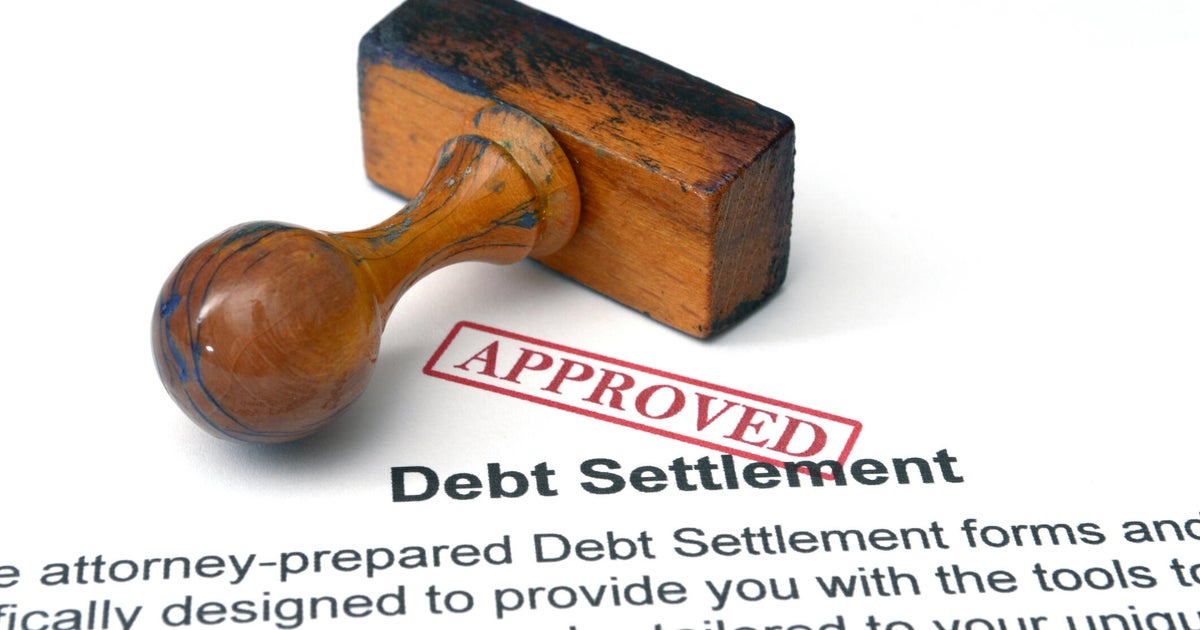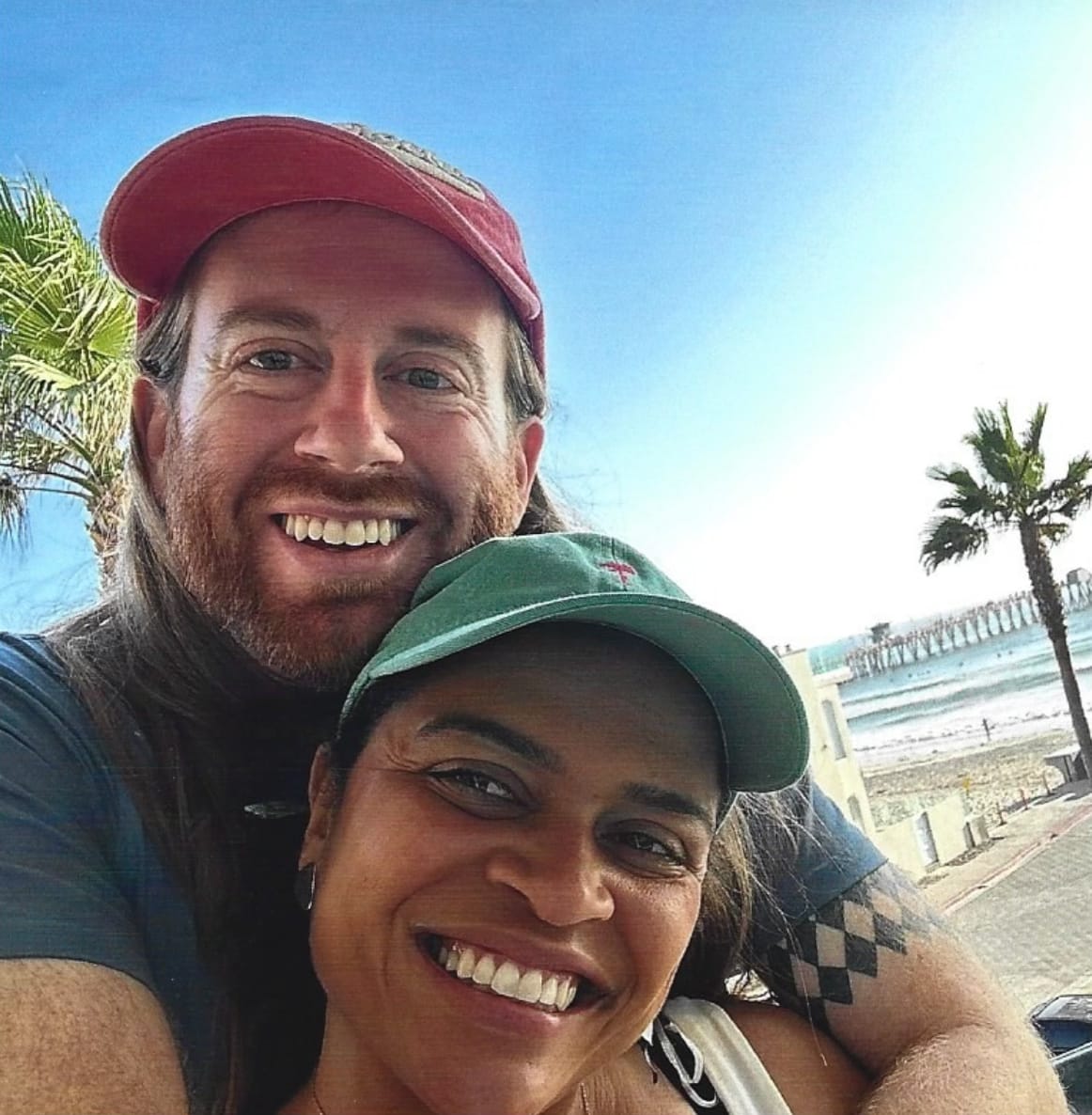How long does a credit card debt collector have to resolve a dispute?
If you've received a call or a letter from a debt collector claiming you owe money, but you believe there's been a mistake, you have rights under the law to challenge it. But while disputing a debt with a credit card debt collector is an important part of dealing with old debt that just won't go away, it's also a process filled with rules and deadlines — one that typically requires a fair amount of patience.
When you dispute a debt, the debt collector cannot just ignore your concerns and continue collection efforts as if nothing happened. The Fair Debt Collection Practices Act (FDCPA) outlines specific procedures for disputing debts and sets clear timelines for both consumers and debt collectors. As a result, debt collectors are required to follow a structured process, which includes verifying the debt and responding to your dispute in a timely manner.
But exactly how long does a credit card debt collector have to resolve a dispute? That's crucial information to know, as understanding these timelines is important for protecting your rights in these situations.
Learn how to get rid of your high-rate credit card debt now.
How long does a credit card company have to resolve a dispute?
The FDCPA establishes clear timelines that must be followed when you dispute a debt with a debt collector. According to federal law, once you submit a written dispute within 30 days of receiving the initial debt validation notice, the debt collector must cease collection activities until they provide verification of the debt.
The debt collector is required to obtain verification and mail it to you, but interestingly, the FDCPA doesn't specify an exact timeframe for when this verification must be provided. This creates what many consider a significant gray area in the law. However, many legal experts interpret "reasonable time" to mean within 30 days of receiving your dispute.
If your dispute occurs outside that initial 30-day window after first contact, the rules change slightly. While debt collectors must still investigate your dispute, they aren't legally required to stop collection activities while doing so. That said, the Consumer Financial Protection Bureau (CFPB) guidance suggests debt collectors provide verification within a reasonable period, regardless of when the dispute is filed.
For disputes involving information reported to credit bureaus, the Fair Credit Reporting Act (FCRA) comes into play. Under this law, credit reporting agencies must investigate disputes within 30 days (or 45 days if you've submitted additional relevant information during the investigation period). The debt collector, as the information furnisher, typically has about 25 days to respond to the credit bureau's inquiry so the bureau can meet its 30-day deadline.
Explore your debt relief options and take action today.
What happens if they don't resolve it?
If a debt collector fails to provide debt verification within a reasonable timeframe after your dispute, there are several potential consequences and actions you can take.
To start, if the debt collector continues collection activities without providing verification during the 30-day dispute period, they're violating the FDCPA. These violations can form the basis of a complaint to the CFPB or even a lawsuit, which might entitle you to damages of up to $1,000 plus actual damages and attorney fees.
If the debt remains unverified but continues to appear on your credit reports, you also have the right to dispute directly with the credit bureaus. Under the FCRA, information that cannot be verified must be removed from your credit reports. If the debt collector fails to respond to the credit bureau's investigation within the allotted timeframe, the bureau must remove the disputed information.
Some states have also enacted stronger consumer protection laws than federal regulations. These state-specific debt collection regulations provide additional protections and specific requirements for debt verification that may give you additional recourse if debt collectors fail to meet verification deadlines.
The bottom line
If you dispute a credit card debt, the debt collector must stop collection activities until they verify the debt. While there's no firm deadline for their response, they cannot legally pursue you until they provide the necessary proof. If they ignore your dispute or continue collection efforts without verifying the debt, you have the right to take legal action and protect your financial standing.
That's part of why understanding your rights is the key to navigating a debt dispute successfully. Whether it's knowing when to send a dispute letter, recognizing illegal collection practices or taking action against an uncooperative collector, being informed can make all the difference. So, if you find yourself in this situation, stay proactive, keep records of all communications and don't be afraid to stand up for your rights.






